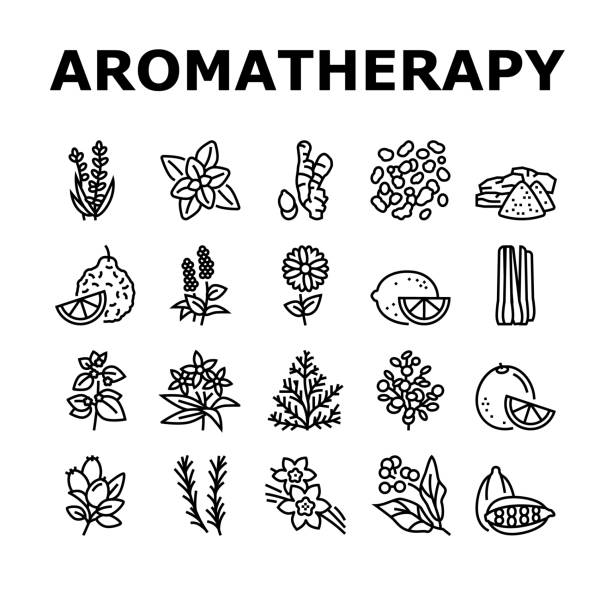
Aromatherapy in the Management of Diabetes
Introduction:
Alternative therapies have gained popularity in recent years as a means of treating a variety of illnesses, including diabetes. Aromatherapy is one of these alternative therapies that has grown in popularity as a supportive strategy. Essential oils derived from plants are used in aromatherapy to enhance both mental and physical health. This blog discusses the effects of aromatherapy on blood sugar regulation, neuropathy, stress reduction, and general quality of life in an effort to investigate the possible advantages of this treatment for diabetes. Aromatherapy can be a useful supplement to a thorough treatment plan, but it shouldn't take the place of traditional diabetes management.
Aromatherapy and Blood Sugar Control:
Stable blood sugar levels are a major concern in the management of diabetes. It has been proposed that aromatherapy improves blood glucose regulation. It has been discovered that some essential oils, like chamomile and lavender, have hypoglycemic qualities. According to a study that was published in the Journal of Medicinal Food, when diabetic rats inhaled lavender essential oil, their blood glucose levels significantly dropped. Although these results are encouraging, more investigation is required to ascertain the precise impact of aromatherapy on human blood sugar regulation.
Aromatherapy and Neuropathy:
Peripheral neuropathy, a common consequence of diabetes, affects the nerves in the hands and feet. Neuropathy symptoms can include aches, tingling, numbness, and weak muscles. These symptoms may be lessened by aromatherapy, especially when analgesic and anti-inflammatory essential oils are used. Essential oils that can be diffused for inhalation or applied topically as massage oils, such as peppermint, eucalyptus, and rosemary, have been demonstrated to have pain-relieving properties. A four-week aromatherapy massage using a combination of lavender, chamomile, and evening primrose oil greatly reduced the neuropathic symptoms experienced by diabetic patients, according to a study published in the Journal of Clinical Nursing. To validate these results and identify the best essential oil combinations, more research is necessary.
Aromatherapy and Stress Reduction:
Since stress can negatively affect blood sugar control, stress management is essential to managing diabetes. It has been demonstrated that aromatherapy reduces stress primarily by influencing the limbic system, which controls emotions and stress reactions. Essential oils with calming and anxiety-reducing qualities include ylang-ylang, bergamot, and lavender. These essential oils can aid in promoting relaxation and lowering stress levels when inhaled. In patients undergoing coronary artery bypass surgery, lavender oil inhalation significantly reduced stress and anxiety levels, according to a study published in the Journal of Alternative and Complementary Medicine. According to this research, adding aromatherapy to a diabetes treatment program may help lower stress levels, which will then enhance blood sugar regulation.
Update Date: November 5, 2023
For comprehensive online courses on aromatherapy and its potential benefits for diabetes management, explore our Online Education category. Learn how to integrate aromatherapy effectively into your diabetes care routine and enhance your overall well-being.
Please note that while aromatherapy can provide complementary support, it should not replace professional medical advice or conventional diabetes treatments. Always consult with your healthcare provider before making any changes to your treatment plan.